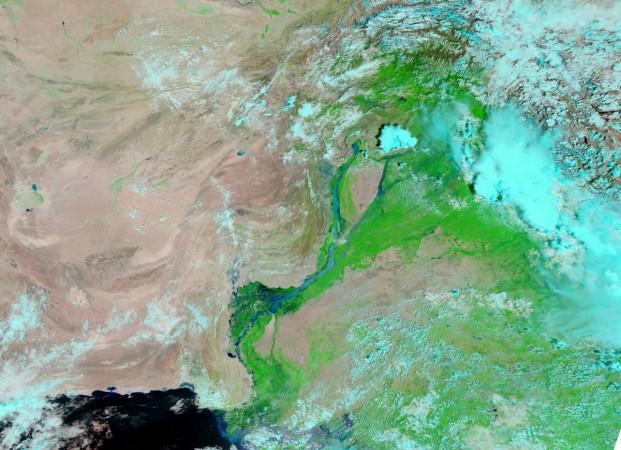
The World Bank on Monday announced a pause in arbitration between India and Pakistan over two dams being constructed by India, and asked both the countries' governments "to consider alternative ways to resolve their disagreements."
"We are announcing this pause to protect the Indus Waters Treaty and to help India and Pakistan consider alternative approaches to resolving conflicting interests under the Treaty and its application to two hydroelectric power plants," World Bank Group President Jim Yong Kim said.
Kim announced the pause in letters addressed to the finance ministers of India and Pakistan and laid stress on the fact that the World Bank was motivated to safeguard the treaty.
The pause also means that the World Bank is holding off on appointing the Chairman for the Court of Arbitration or the Neutral Expert.
"The announcement temporarily halts the appointment of a Neutral Expert, as requested by India, and the Chairman of the Court of Arbitration, as requested by Pakistan, to resolve issues regarding two hydroelectric power plants under construction by India along the Indus rivers system" said the press release.
Both processes initiated by the respective countries were advancing at the same time, creating a risk of contradictory outcomes that could potentially endanger the Treaty, the World Bank noted.
"This is an opportunity for the two countries to begin to resolve the issue in an amicable manner and in line with the spirit of the treaty rather than pursuing concurrent processes that could make the treaty unworkable over time. I would hope that the two countries will come to an agreement by the end of January," Kim said.
The current processes under the treaty concern the Kishenganga (330 megawatts) and Ratle (850 megawatts) hydroelectric power plants. The power plants are being built by India on Kishenganga and Chenab rivers, respectively.
The Indus Waters Treaty, signed in 1960, is seen as one of the most successful international treaties and has withstood frequent tensions between India and Pakistan.
The treaty sets out a mechanism for cooperation and information exchange between the two countries regarding their use of the rivers, known as the Permanent Indus Commission which includes a commissioner from each of the two countries. It also sets out a process for resolving questions, differences and disputes that may arise between the parties.












